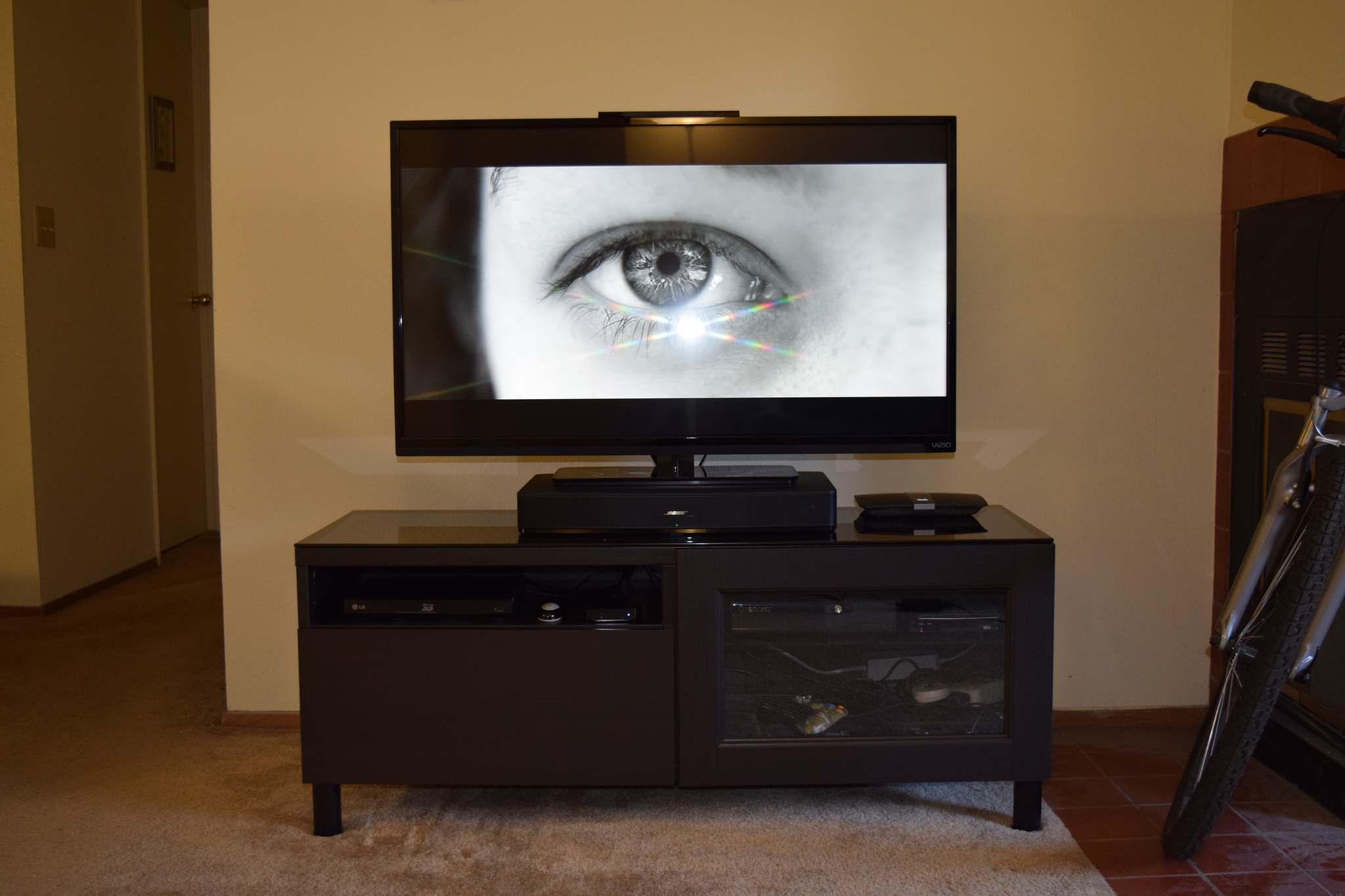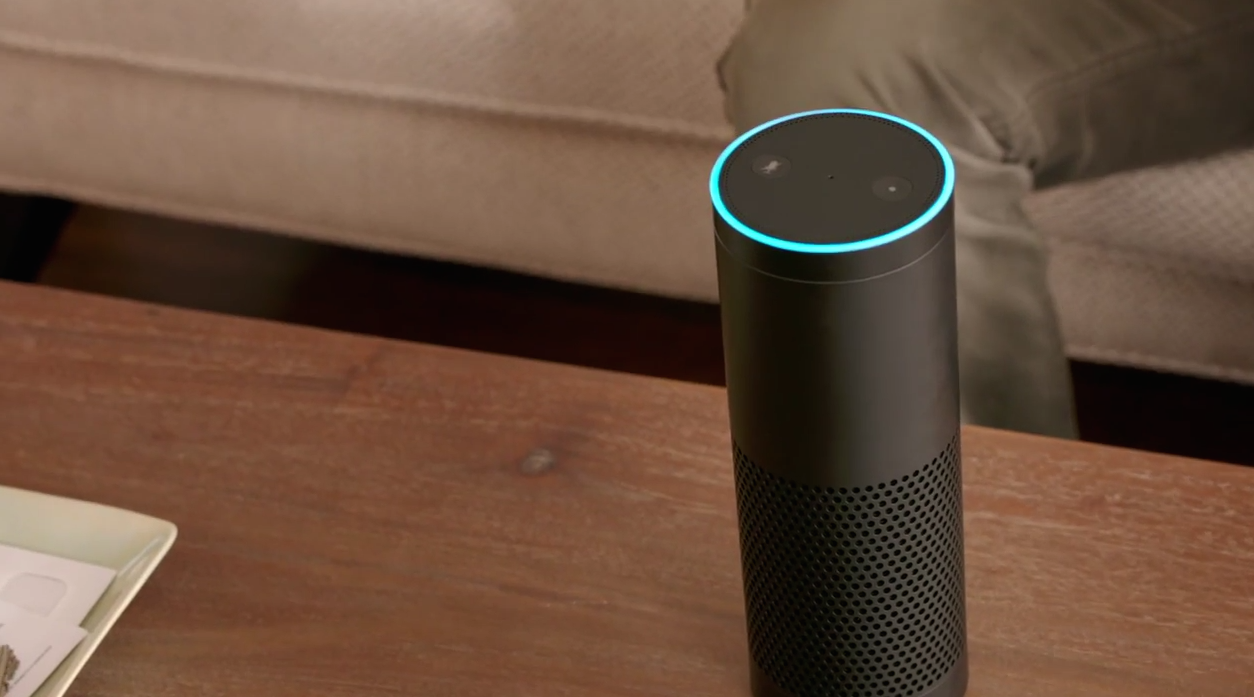We learned back in 2015 that while all smart TVs collect data on your viewing habits, Vizio was going above and beyond, collecting more information than most, and telling you even less about it. As you might expect, loads of folks who owned Vizio TVs were deeply unhappy about this, and sued the company. And now, a judge has denied Vizio’s motion to dismiss that suit, meaning it will indeed have to defend itself in court. [More]
data privacy

Vizio To Pay $2.2 Million For Watching TV Watchers Without Telling Them
There is a new truism for our era: If something can connect to the internet, it collects data. That’s true for everything from wearable fitness trackers to “smart” washing machines. But one TV company went farther than most, in collecting, aggregating, and selling your data, and now it’s in hot water with the Federal Trade Commission. [More]
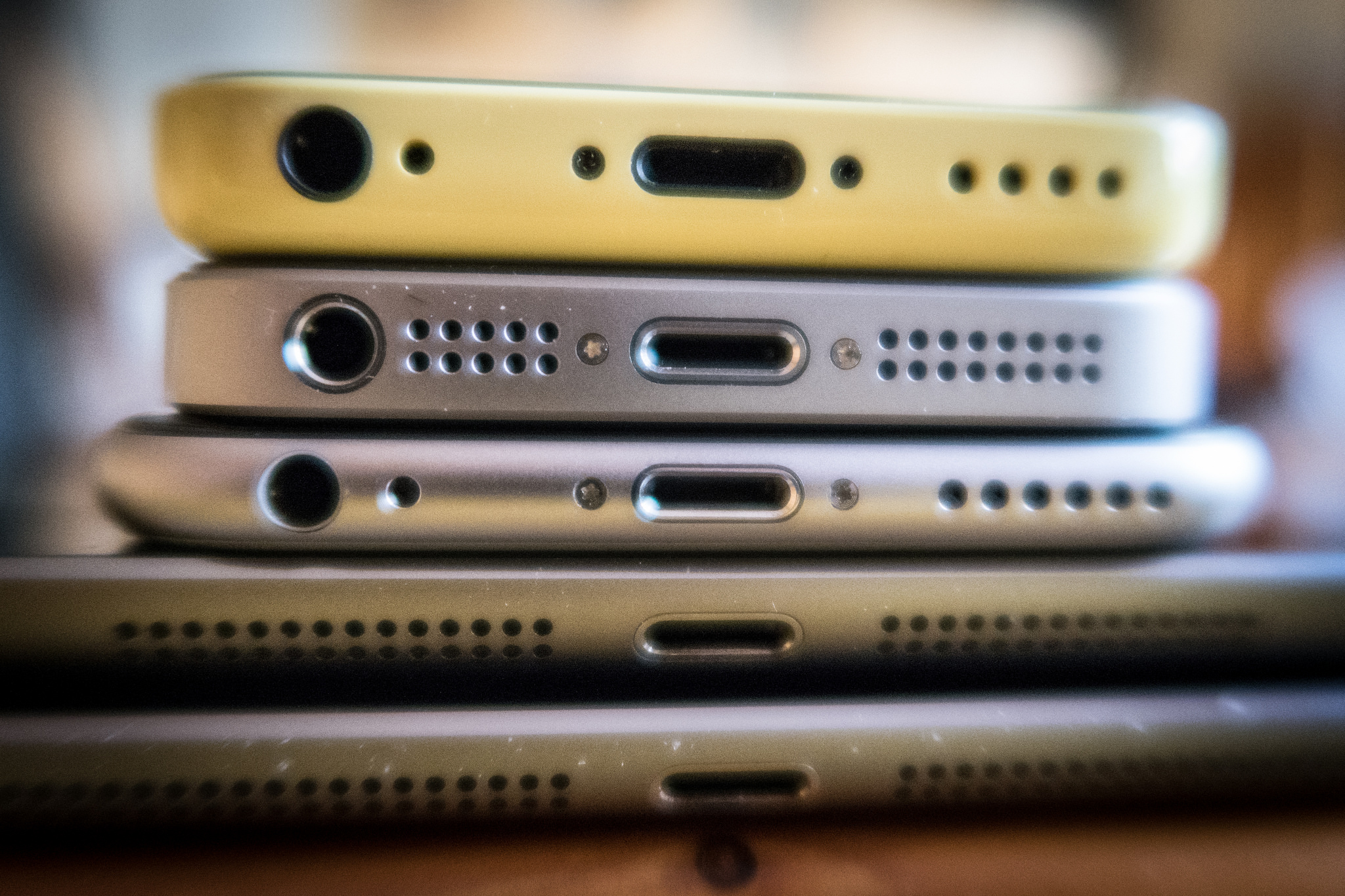
5 Things We’ve Learned About How Companies Track You Online And Off
Is there an ad that seems to be following you everywhere? Perhaps you browsed for new sneakers in a slow moment at work a week ago, and now you see ads for them on every site you view on your phone? Or maybe you clicked an ad on Facebook, and now that company’s product seems to be stalking you around the internet, asking you to buy it in every sidebar ad you see. [More]

Calling Customer Service? An AI Is Picking The Agent That’s “Best” For You
Think back to the last time you had to call a real, live person in order to complete a purchase or have a problem resolved. How did it go? Did you and the customer service representative you spoke to have trouble understanding one another in some fundamental way? Or was it a smooth interaction, almost as if the CSR you spoke with was carefully hand-picked for you by robots?
If it’s the latter, it might be because the CSR you spoke with was in fact carefully hand-picked for you by robots. [More]

Evernote Backtracks On Privacy Policy Changes After User Outcry
Popular note-taking and general reminder app Evernote had big plans for 2017. In January, it was going to start feeding all your personal content to an algorithm in order to improve internal machine learning. But those plans allowed for human employees to peek over the robot’s shoulder to see your stuff, which users objected to loudly enough that now those plans are on hold. [More]

Evernote: Update To Privacy Policy Was “Communicated Poorly”
Evernote is a cross-platform application for taking notes and storing information, which inspires almost religious devotion in users. This week, though, some Evernote fans have grown disillusioned because of a change to the company’s privacy policy that details how Evernote employees can access and read users’ notes. Update: this change has been called off, and Evernote will only peek at the notes of users who opt in. [More]

Judge: George Washington Did Not Care About Biometric Data Storage
We live in a world that’s constantly throwing new technology, new business, and new quandaries at us. Facebook, Google, Amazon, Uber, Twitter, and the smartphone that we use to access them all on either didn’t exist, or existed very differently, as recently as a decade ago. The framework for our legal system, however, was built in the 18th and early 19th centuries. And that means sometimes trying to apply to the latter to the former can result in entertaining, if accurate, dissonance. [More]

How Much Control Do You Actually Have Over Your Private Data?
“Privacy” is the buzz of our era, but… what even is privacy? Different consumers, businesses, and regulators each have their own definitions and perspectives on the issue, while the law, too, is always evolving. [More]

Comcast: Consumers Are Harmed If We Don’t Get To Charge Extra For Privacy
Internet service providers like making money. They don’t like regulations that prevent them from any avenues that could make them money. And they will argue basically anything they can think of to help prevent those regulations from happening. Like, for example, suggesting that you, the consumer, will actively suffer harm if Comcast and others aren’t allowed to charge you extra for keeping your data to yourself. [More]

Study: 78% Of Resold Drives Still Contain Readable Personal Or Business Data
A new phone or laptop is expensive. So you trade in an old one to fund the upgrade. Straightforward, right? And thousands of businesses do the same every year. But that means there’s a whole big world out there of resold devices that may still have more of your data on them than they are supposed to. A lot more. [More]
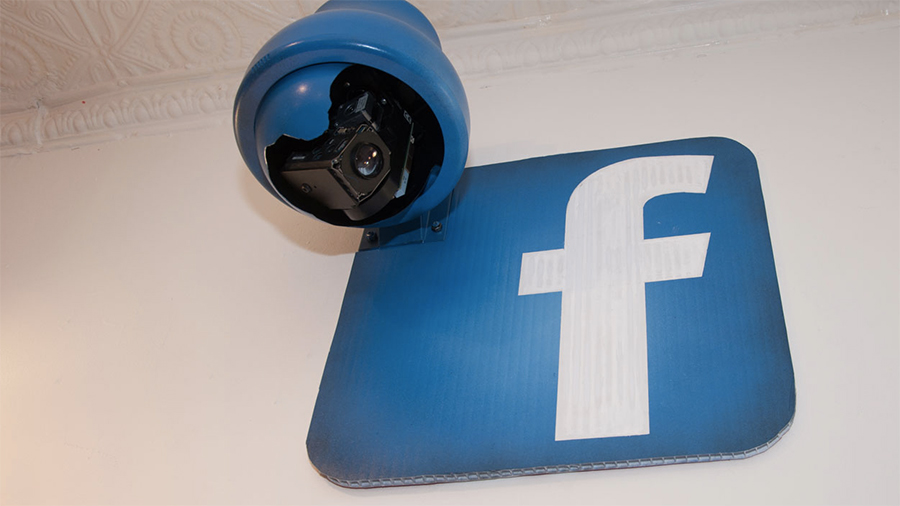
PSA: You Need To Update Your Facebook Privacy Settings Again To Opt Out Of New Targeted Ads
Facebook announced in recent weeks that they’re expanding their advertising empire. With that change, came a stealthy new privacy setting for users — one that all of us are opted-in to by default. [More]

The Way You Drive, Not Just Where, Is Yet Another Piece Of Totally Identifiable Personal Data
“Individuality” does not exactly spring to mind when you’re in the middle of the workday commuter crush, trawling the same roads at the same time as every other 9-5 worker who has to get to work and pick the kids up from school. And yet it turns out that you — yes, you — have a unique way of approaching that commute. So unique, in fact, that it only takes a few minutes of driving data for you to be completely identifiable. [More]
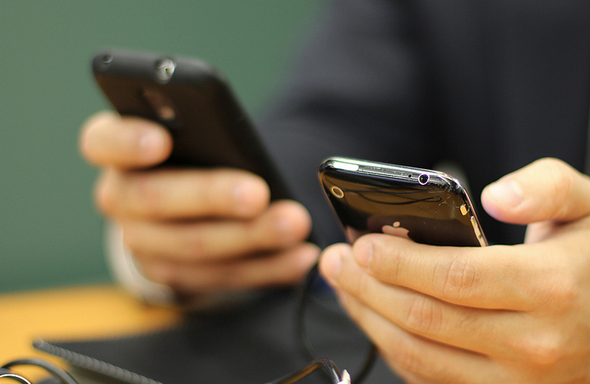
Turns Out It’s Easy To Pinpoint A Grindr User’s Location, Even With Privacy Settings Enabled
Usually when you think of “privacy,” that comprises ideas like, say, other people not knowing who you are, or being able to locate you down to the nearest meter. And yet that last bit seems to have been grossly overlooked by the developers of certain dating and hookup apps, which, it turns out, leak your exact location even if you have location-based services turned off. [More]
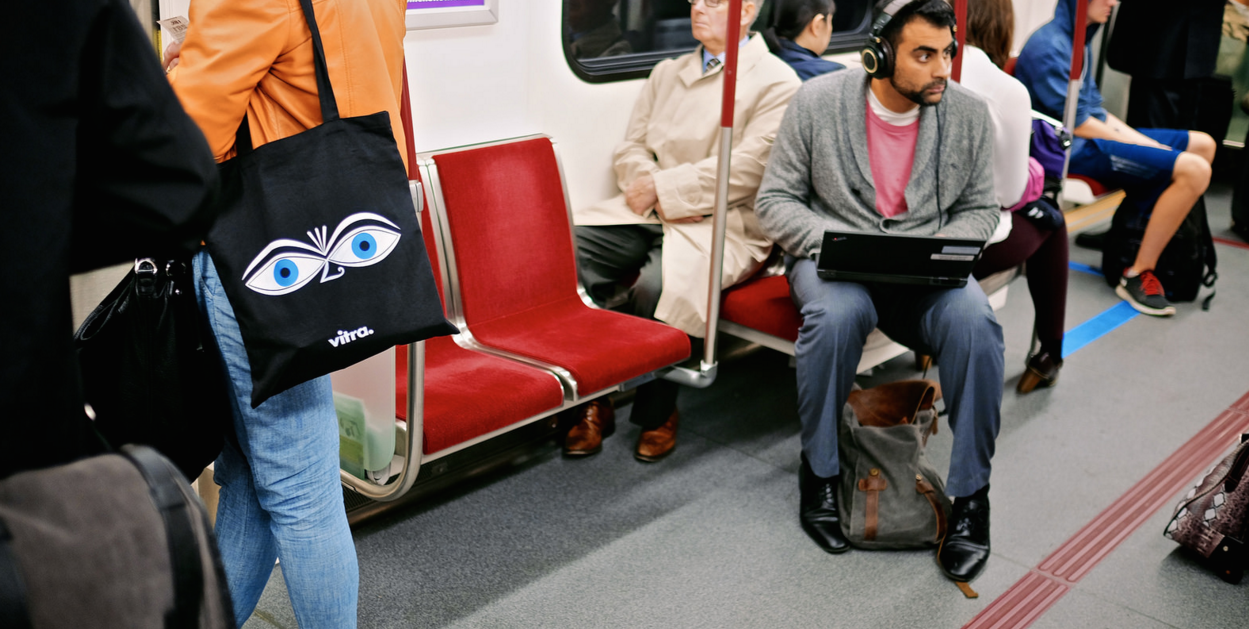
Divided FCC Votes To Approve Lifeline Modernization, Consider New ISP Privacy Rules
The Federal Communications Commission today in their monthly meeting voted narrowly to move forward with two high-profile, contentious proposals. One is formally adopting a plan to modernize the Lifeline program, and the other is to start considering how to apply stronger consumer privacy protections to ISPs. [More]


